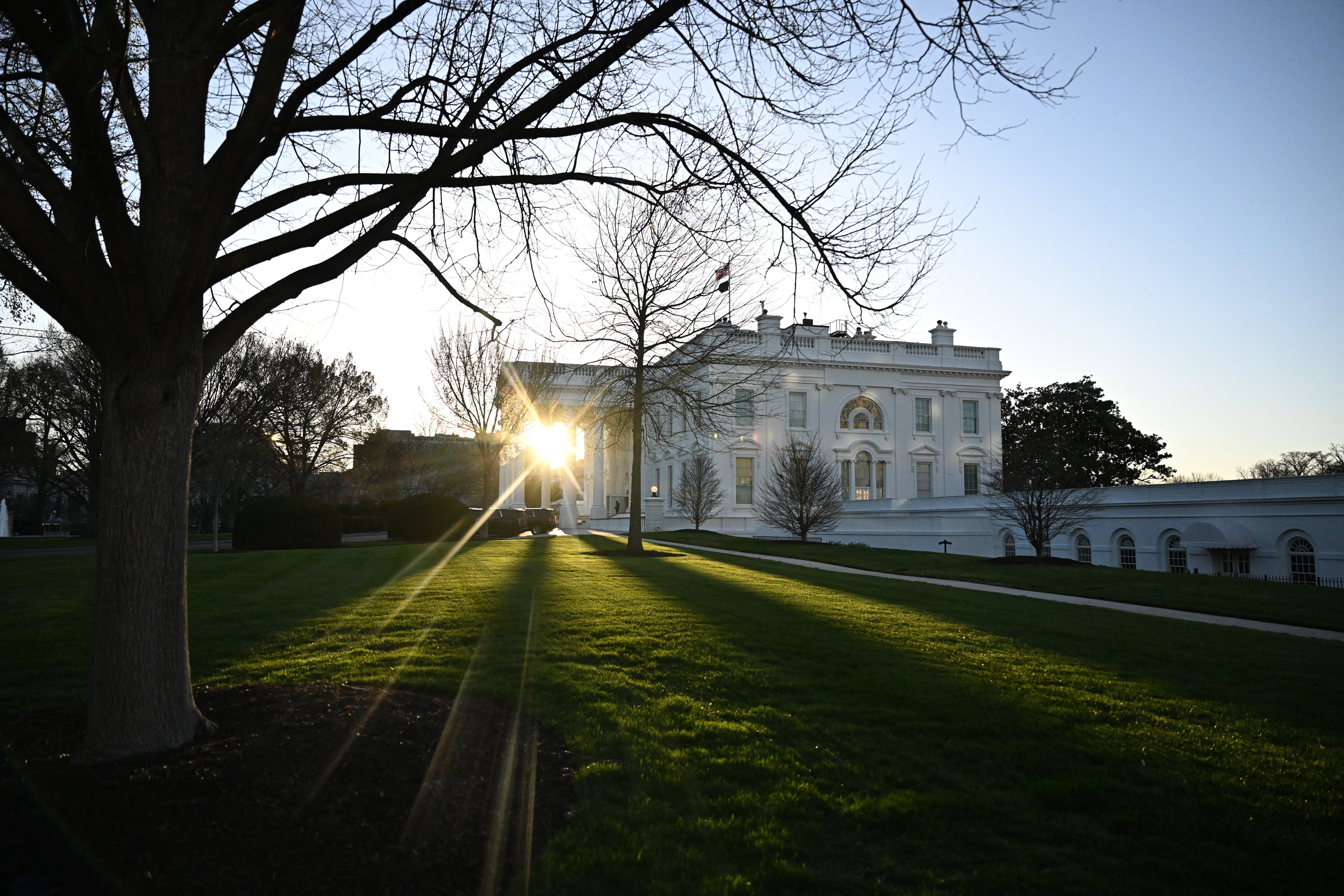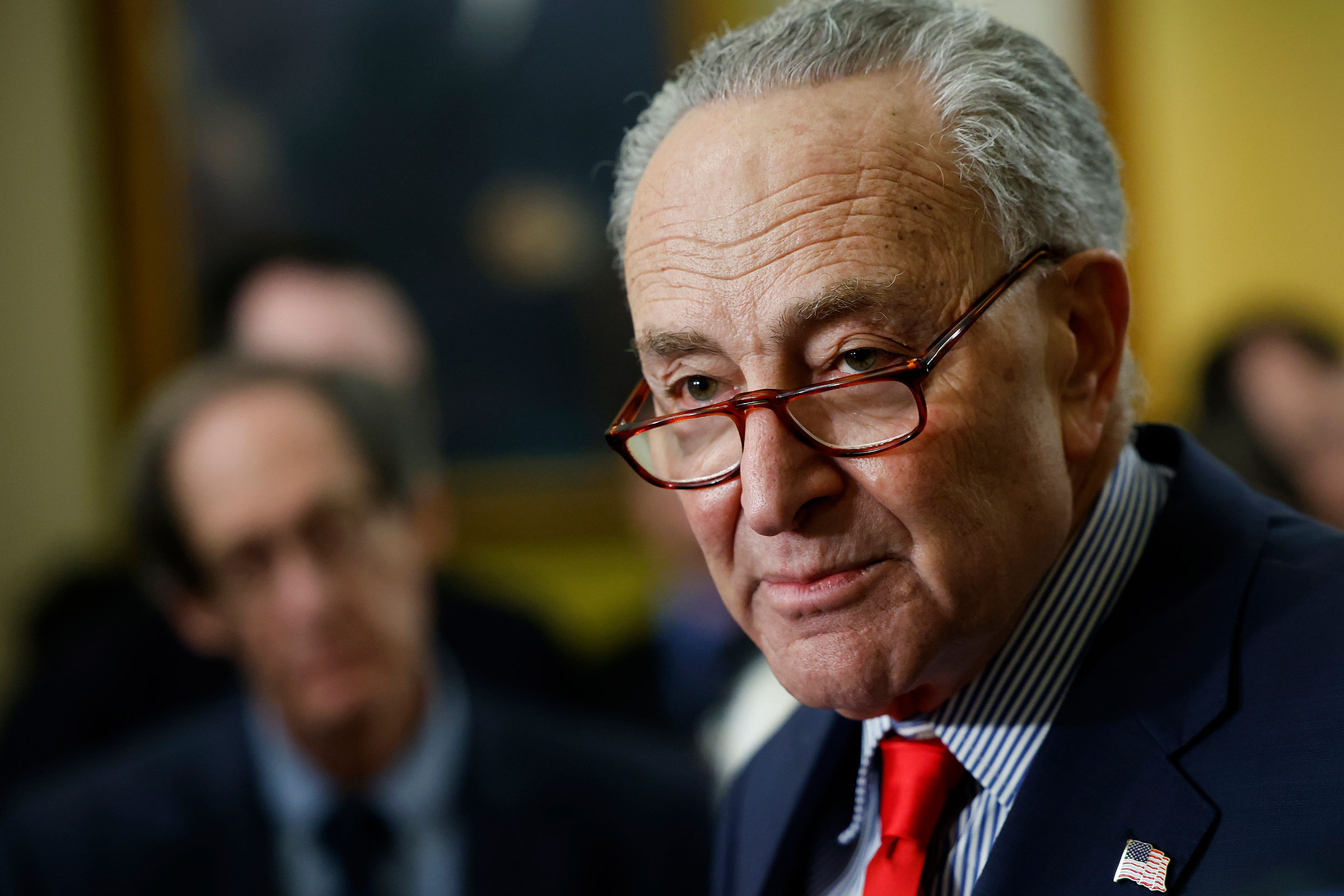
White House press secretary Karine Jean-Pierre called on Senate lawmakers to take "swift action" on the TikTok bill just passed by the House.
"We want to see the Senate take swift action,” Jean-Pierre told reporters aboard Air Force One Wednesday en route to Wisconsin.
President Joe Biden has previously come out in support of the bill, saying he would sign it if it reached his desk.
Jean-Pierre added that the White House does not expect the bill to affect the US-China relationship, even as Chinese officials warned this week that passage of the legislation would "backfire" on the United States.
"We are going to continue our work, you know, working with our relationship with China," Jean-Pierre said. "That’s not going to stop. But the president has always been clear, National Security Adviser Jake Sullivan has always been clear: When it comes to our national security, when it comes to data that’s coming from Americans, we’re always going to make sure that we’re addressing those threats that we face.”






